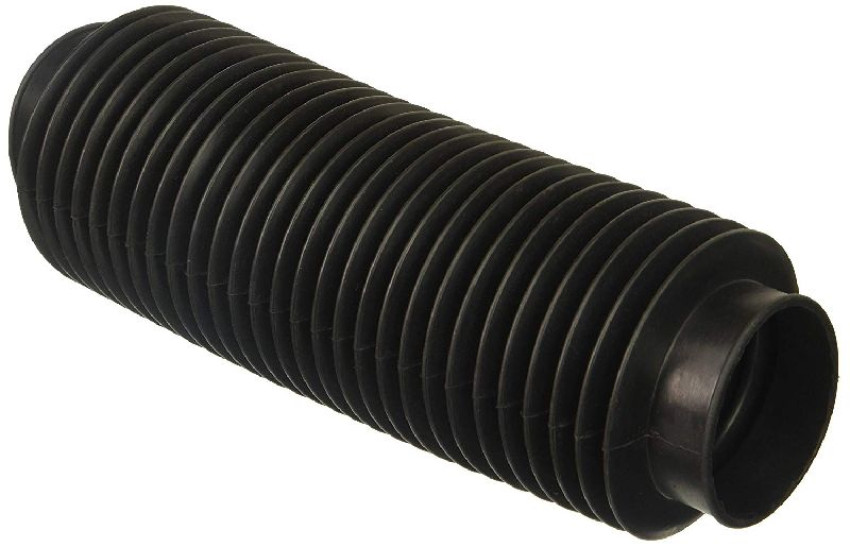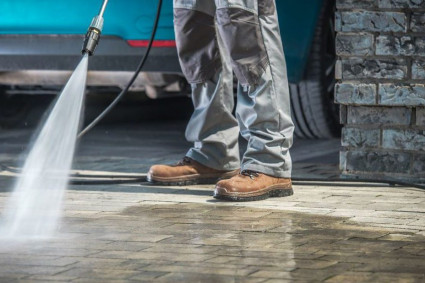
Rubber bellows play a crucial role in various industrial applications, serving as flexible components designed to accommodate movement and protect machinery and equipment from external elements. These accordion-like structures are primarily utilized for their unique properties, offering a range of benefits across different sectors.
One of the primary functions of rubber bellows is to act as a flexible seal. These bellows are often installed in machinery and equipment where there is a need to prevent the ingress of dust, dirt, debris, or other contaminants. The accordion-like design allows the rubber bellows to expand and contract, providing a dynamic seal that adjusts to the equipment's movements. This flexibility is particularly valuable in environments where machinery undergoes frequent vibrations, shifts, or rotations.
The elasticity of rubber bellows makes them ideal for absorbing movement and compensating for misalignments. In mechanical systems, especially those with rotating or reciprocating parts, there is a constant need for flexibility to prevent undue stress on components. Rubber bellows serve as a buffer, absorbing shocks and vibrations, thereby extending the lifespan of machinery by reducing wear and tear.
In automotive applications, rubber bellows are commonly used in steering systems and CV (constant velocity) joints. These critical components require flexibility to accommodate the movement of the vehicle's suspension and ensure a smooth and controlled driving experience. The bellows protect the joints from external contaminants, such as water and road debris, enhancing the overall durability and reliability of the automotive system.
Another significant application of rubber bellows is found in the field of HVAC (Heating, Ventilation, and Air Conditioning) systems. HVAC equipment often involves moving parts, such as pumps and fans, which can generate vibrations and shifts during operation. Rubber bellows are employed to isolate these movements, preventing the transmission of vibrations and noise to the surrounding structures. This contributes to a quieter and more comfortable environment while enhancing the longevity of the HVAC components.
In industrial machinery, especially those used in manufacturing processes, rubber bellows find use in protecting precision components from contaminants. CNC (Computer Numerical Control) machines, robotic systems, and other precision equipment rely on the smooth and precise movement of various parts. Rubber bellows act as protective covers, guarding against particles that could compromise the accuracy and performance of these machines.
Moreover, rubber bellows are instrumental in hydraulic and pneumatic systems. In hydraulic cylinders, for instance, bellows provide a flexible and durable cover for the piston rod, preventing the entry of dust and ensuring a clean and efficient operation. Similarly, in pneumatic systems, bellows protect sensitive components from environmental factors, contributing to the reliability of these systems.
The versatility of rubber bellows extends to medical equipment, where they are utilized in various applications, including diagnostic instruments and patient care devices. The ability of rubber bellows to provide a reliable seal and accommodate movement is crucial in medical devices where precision and hygiene are paramount.
In summary, rubber bellows are indispensable components in diverse industries, offering flexibility, protection, and longevity to machinery and equipment. Whether in automotive, manufacturing, HVAC, or medical applications, the use of rubber bellows enhances the overall performance and reliability of systems, showcasing their vital role in maintaining the integrity of mechanical and hydraulic systems across various sectors.



